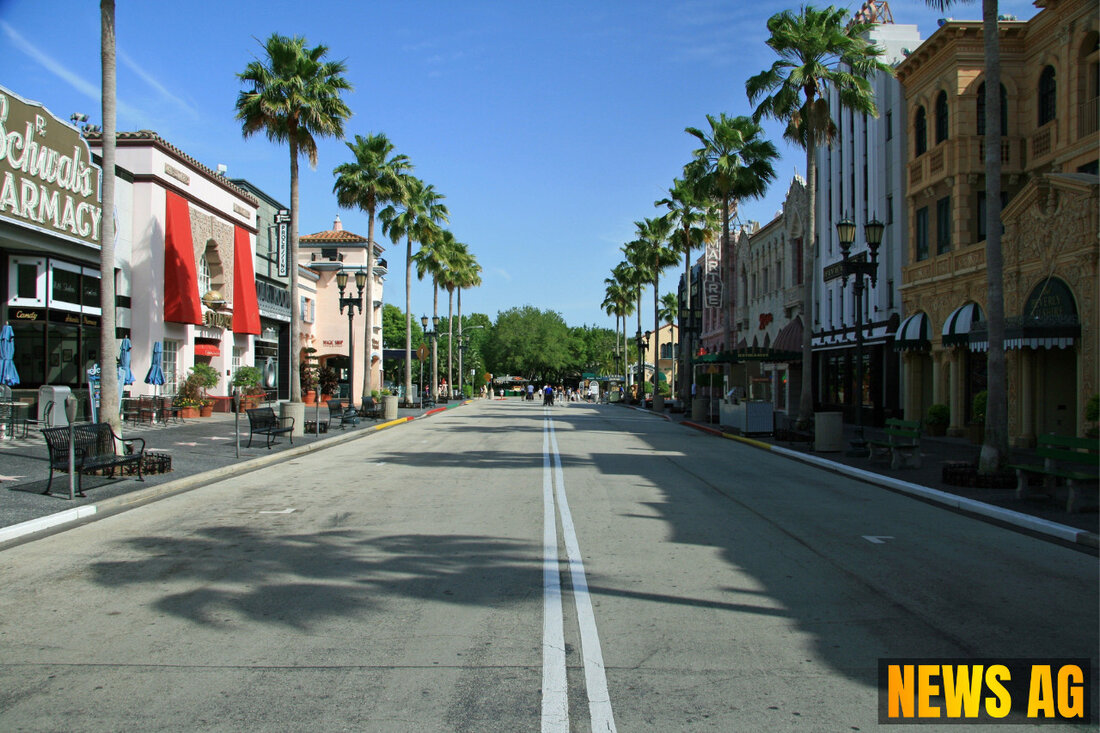Affordable Housing Boost: Bartow's Green Mills Project Takes Shape!
Discover the latest on Green Mills' affordable housing project in Bartow, enhancing community development through LIHTC funding.

Affordable Housing Boost: Bartow's Green Mills Project Takes Shape!
Exciting developments are brewing just outside Bartow, centered around an affordable housing project that aims to address critical housing needs in the community. As reported by The Ledger, the Green Mills Group is set to develop a substantial project near the historic Cigar Factory. With plans in motion, this initiative aims to bolster the East End Catalyst vision of the Bartow Community Redevelopment Agency (CRA).
During a recent commission meeting held on June 16, Oscar Sol, the founder of Green Mills, provided insights on the project’s progress. Interestingly, while the initiative isn’t currently pursuing tax breaks offered by the Live Local Act, it’s not entirely sidelined from the benefits this legislation might provide in the future. The project is currently awaiting a response for its third application for the Low-Income Housing Tax Credit (LIHTC), with hopes of a favorable outcome expected in January 2025.
Funding for Growth
Green Mills has put down $37,000 in due diligence, including a comprehensive environmental study to ensure the site’s viability. To support this endeavor, Polk County has pledged $1 million, while the developer is seeking a Local Government Area of Opportunity loan for $460,000. With Polk County’s recent status upgrade to a large county, the likelihood of securing LIHTC may have received a boost.
As it stands, Bartow and Green Mills have until 2028 to finalize land sale agreements, contingent on the approval of these tax credits. However, should the LIHTC application not bear fruit, the Live Local Act could emerge as a viable alternative for funding. There’s a whopping $150 million set aside in the state budget specifically for Live Local projects, managed by the Florida Housing Finance Corporation (FHFC).
Understanding LIHTC
The Low-Income Housing Tax Credit program is a significant player in the affordable housing landscape. Established by the Tax Reform Act of 1986, it allows developers to claim tax credits for building rental housing that serves low-income families. Approximately $8 billion is allocated each year to state and local LIHTC agencies, enabling the creation of housing that remains affordable for families within certain income brackets.
- Developers must meet eligibility requirements such as:
- At least 20% of units rented to tenants earning below 50% of Area Median Income (AMI).
- At least 40% of units rented to tenants earning below 60% of AMI.
Crucially, rent in LIHTC properties isn’t tied to tenant income, making it an attractive option for those who qualify. It’s important to note that after an initial affordability period of 15 years, some properties might raise rents to market rates, especially if renovations are necessary.
The stakes are high for the Bartow Commons project, which has been granted to Green Mills as part of its broader initiative. Plans include building two three-story affordable housing buildings, where at least 40% of the units would be considered affordable. The site will breathe new life into the old Winn-Dixie building located at 1050 N. Wilson Ave.
Interestingly, this project is distinct from the plans for a food hall at the Cigar Factory. Sol estimates the addition of a third building with 100 units could cost between $1 million and $1.2 million. Despite uncertainties surrounding the Cigar Factory’s future, Sol believes the development will draw interest, bolstered by the possibility of renovation or demolition enhancing its appeal.
Bartow’s housing landscape is on the verge of a transformation, with the potential of the Live Local Act and LIHTC breathing new life into the community. As this story unfolds, residents will want to keep an eye on how these developments progress, knowing that affordable housing is a cornerstone of a thriving community.

 Suche
Suche
 Mein Konto
Mein Konto